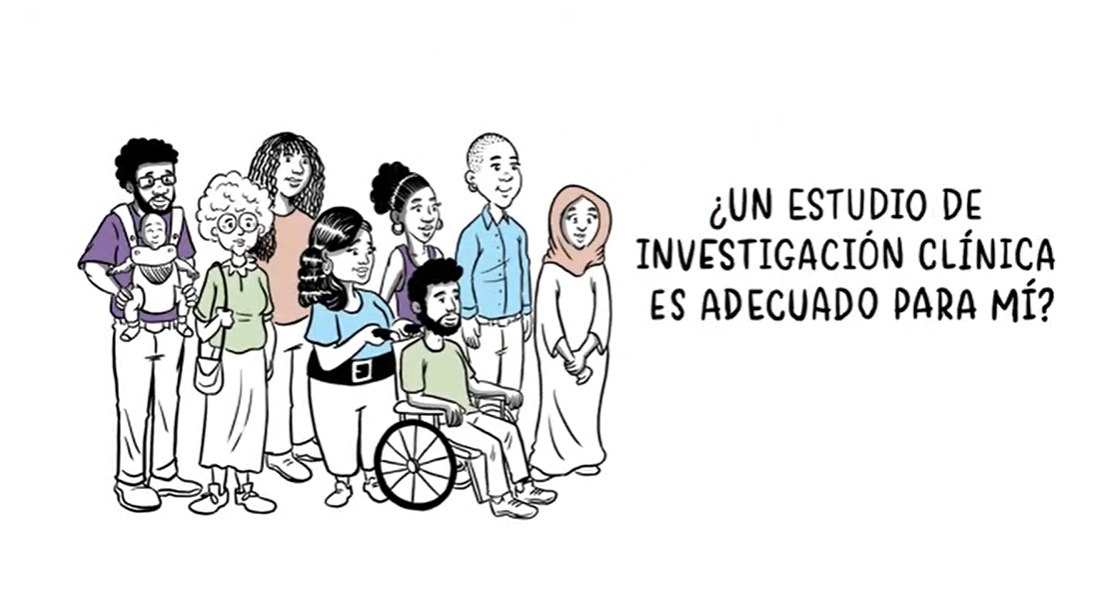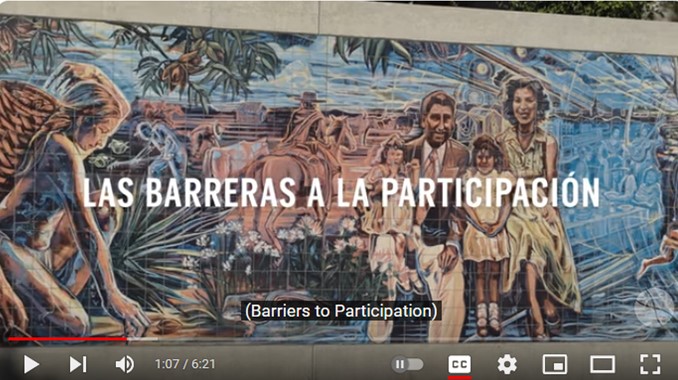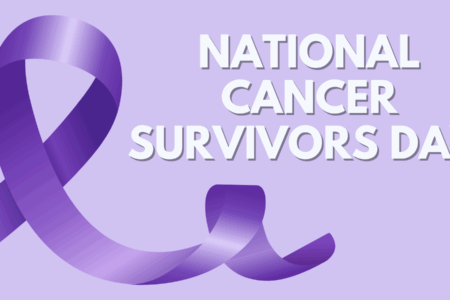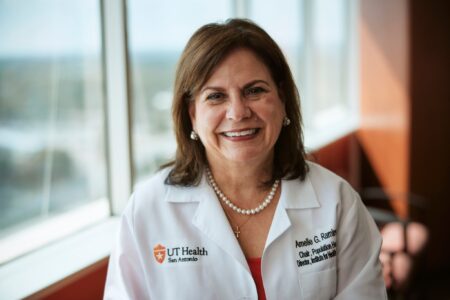Share On Social!
Despite the ever-growing population of Latinos in the United States, only a very small percentage participate in clinical trials.
Clinical trials are studies with volunteers that help researchers learn how to slow, manage, and treat different diseases.
“[Fewer] Latinos in clinical trials makes it hard for researchers to develop new treatments for this group, which suffers a heavy burden of cancer, Alzheimer’s, and other diseases,” said Dr. Amelie Ramirez, director of the Salud America! program at UT Health San Antonio.
Do you know what happens in a clinical trial? How can clinical trial help you and your friends, family, and community? Why is Latino participation in clinical trials important?
Get answers and helpful resources in new bilingual videos from Genentech.
Bilingual Video: What is a Clinical Trial?
You may have heard your doctor mention clinical trials.
 Clinical trials have four phases that each help scientists answer different questions.
Clinical trials have four phases that each help scientists answer different questions.
For example, Phase 1 clinical trials are the first step in studying a new treatment in people; they evaluate safety, side effects, best dose, and timing of a new treatment.
To learn more about the ins and outs of a clinical trial and its built-in safety measures, watch these Genentech animated videos in English and Spanish. They explain what a clinical research is, how clinical trials work, how they can be beneficial to patients, and more.
Bilingual Video: Is a Clinical Trial Right for Me?
Clinical trials are for everyone.
 You can be healthy or sick. Latino or not. Male or female.
You can be healthy or sick. Latino or not. Male or female.
Find out more with another bilingual video in English and Spanish from Genentech that helps people make informed decisions about considering a clinical research study.
Bilingual Video: The Importance of Clinical Trials for Latinos
Having a variety of participants in clinical trials is also important.
Genentech’s videos demonstrate why Latinos in clinical trials is important for the future of clinical research.
The video features the perspective of Spanish-speaking physicians, patient coordinators, and a patient from the May Cancer Center at UT Health San Antonio.
 “Hispanics represent approximately 20% of the country’s population but unfortunately their participation in clinical trials is less than 2%. So generalizing results to that community is difficult,” said Dr. Enrique Diaz Duque, an oncologist and associate professor of medicine at UT Health San Antonio.
“Hispanics represent approximately 20% of the country’s population but unfortunately their participation in clinical trials is less than 2%. So generalizing results to that community is difficult,” said Dr. Enrique Diaz Duque, an oncologist and associate professor of medicine at UT Health San Antonio.
This video highlights the importance of the community having trust in the healthcare system.
“I think it is very important for us to increase the trust with our community members,” said Dolores Garcia, community outreach coordinator at the Institute for Health Promotion Research at UT Health San Antonio. “In the [Mays] Cancer Center and in all our projects trust comes first.”
A Latino patient also talks about his cancer diagnosis and clinical trial journey and how participating was beneficial to him.
“But if we don’t participate in the trials, especially us Hispanics, it will take us longer to control cancer,” said cancer survivor Leonel Rodriguez. You can read more about Leonel’s story.
Watch in SPANISH with subtitles!
Brochures on Clinical Trial Participation
If you would like more information, Genentech also developed brochures with easy-to-understand information on clinical research studies. 
The Alliance includes participation from Drs. Amelie Ramirez and Patricia Chalela, two Latina researchers at the Institute for Health Promotion Research (IHPR) at UT Health San Antonio. Read more about their work together to fight cancer among Latinos.
Latino Participation in Clinical Trials
Latinos are more impacted by several health issues including Alzheimer’s disease, diabetes, and cancer.
In fact, Latino cancer cases are expected to rise 142% between 2010 and 2030.
Many factors contribute to these differences such as non-medical drivers of health that impact access to cancer prevention, detection, and treatment services.
This is where clinical trials can help.
“Latinos in clinical trials are not only helping themselves, but they are also building a future with better treatments that can help their families and communities in the future,” said Dr. Ramirez, leader of Salud America! at UT Health San Antonio.
Dr. Ramirez is creating new ways to encourage Latinos to volunteer for cancer and Alzheimer’s clinical trials, with support from Genentech, a member of the Roche Group.
She is raising awareness by using Salud America! to showcase open clinical trials and uplift the stories of Latino clinical trial participants along with social media events and webinars.
Looking for a clinical trial that best fits you or someone in your family?
Search open clinical trials on the Salud America! clinical trials page.
By The Numbers
142
Percent
Expected rise in Latino cancer cases in coming years



